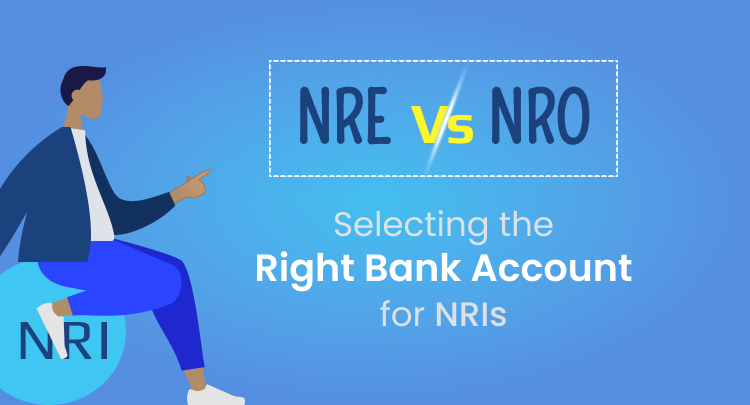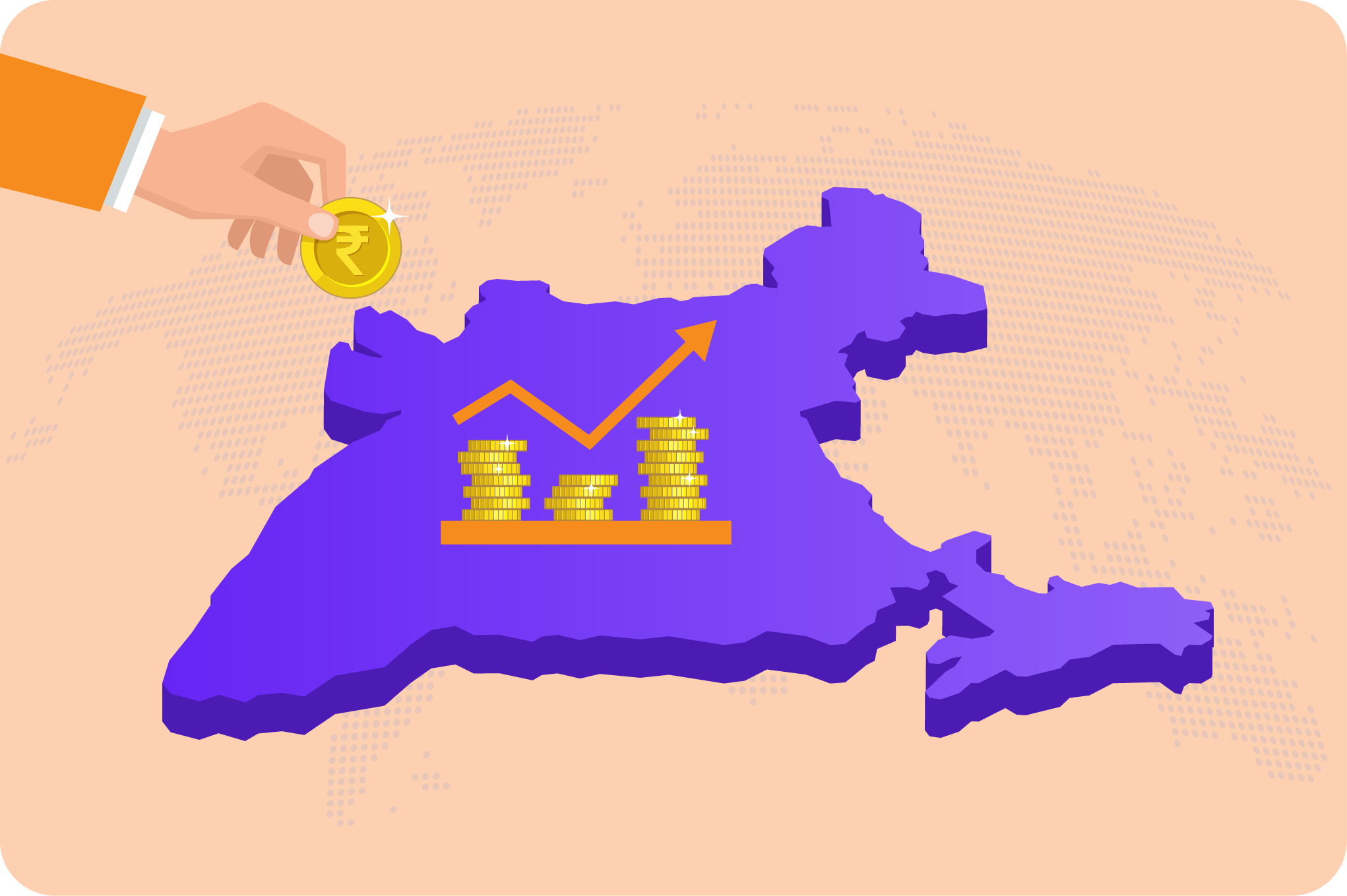Category
Personal Finance
Financial planning can seem like a big challenge. We juggle countless expenses, from daily necessities to long-term dreams. But a simple yet powerful analogy, the "Jar of Life," can shed light on how to prioritize your financial habits.
Imagine a professor standing before a class with a large, empty jar. He silently fills it with big rocks. When he asks if the jar is full, the students say no. This represents the essential, non-negotiables in your finances – the big rocks.
**Examples of the rocks:**
**Emergency fund:** Life can be unpredictable, throwing unexpected medical bills or car repairs your way. Set aside a safety net, typically 3-6 months of living expenses, to handle these emergencies without derailing your long-term goals.
**Insurance:** A health insurance plan and adequate life insurance are crucial. Health insurance safeguards yours and your loved ones' well-being in case of medical emergencies, while life insurance ensures that in the unfortunate event of your passing, your loved ones have a financial safety net. This financial safety net helps them through difficult times.
Once the professor adds the rocks, he pours in a box of pebbles. These pebbles settle in the spaces between the rocks. They represent your important financial goals, the things that matter to you.
**Examples of pebbles:**
**Planning for retirement:** Your golden years should be a time of relaxation and enjoyment. Start investing early for retirement to ensure financial security in your later years.
**Saving for milestones:** Do you dream of buying a house, funding your child's education and weddings, or taking that dream vacation? Allocate funds towards these goals.
Now, here's where the interesting twist comes in. The professor doesn't fill the remaining space with sand right away. He could, and that would represent a completely full jar in terms of its volume. But financially speaking, it wouldn't be ideal.
The sand represents all the other expenses in your life, the non-essentials. While these things add enjoyment, they shouldn't come at the cost of your essential needs and long-term goals.
The key takeaway is this if you fill the jar with sand first, there's no space for the pebbles or the rocks. The same applies to your finances. If you spend your money on unnecessary things first, you'll struggle to invest in what truly matters.
**Filling Your Jar of Life: A Step-by-Step Guide**
**Assess your current situation:** Track your income and expenses for a month to understand your spending habits. Categorize your expenses into essentials (rent, utilities, and groceries), debt repayments, savings, and discretionary spending (entertainment, dining out).
**Set financial goals:** What do you want to achieve financially? Prioritize your goals. Is building a corpus for your child’s education your top priority, or are you laser-focused on saving for a down payment on a house? Having clear goals will guide your financial decisions.
**Automate your finances:** Set up automatic transfers to savings and investment accounts. This ensures you're consistently saving and investing towards your financial goals and avoids the temptation to spend that money.
**Budget and track:** Create a realistic budget that allocates your income towards your essential needs, debt repayments, financial goals, and some discretionary spending. Regularly track your progress to stay on course.
**Review and adjust:** Your financial situation and goals may change over time. Review your budget and financial goals regularly and make adjustments as needed. Don't be afraid to course-correct!
Having a secure financial foundation allows you to focus on what truly matters – spending quality time with loved ones, pursuing your passions, and living a fulfilling life. Remember, financial planning is a journey, not a destination. Embrace the process, and you'll be well on your way to achieving your financial dreams.
Read More →
Category
Personal Finance
eeing your children learn and grow is amazing! But as they get older, education gets expensive. Don't worry, there are ways to invest to make sure that they reach their academic goals. Here's a simple guide to get you started:
**The Price of Learning:**
The cost of education is going up faster than ever. You might need a lot of money in the next few years, especially if your child wants to study abroad. It can be scary, but there’s a way out the earlier you start saving and investing, the easier it will be.
**Not sure how much you'll need?** Get a personalized estimate using Fundbazar’s child education cost calculator. This tool can help you plan for your child's future education expenses.
**Making Money Grow: Saving Strategies**
Traditional options like fixed deposits (FDs) or recurring deposits (RDs) offer safety for your savings, but their returns may struggle to keep up with the rising cost of education. Additionally, they may not be as tax-efficient. Mutual funds, on the other hand, offer the potential for higher growth, making them a more suitable choice for long-term educational goals. They can also be more tax-efficient compared to traditional savings options.
**Choosing the Right Basket: How to Pick a Mutual Fund**
Just like building a strong foundation for your child's future, selecting the right investment approach for their education is crucial. Mutual funds offer a way to grow your savings while managing risk. But with various options available, choosing the best one hinges on your investment horizon – how long you have before needing the money.
**For the 3-5 year timeframe:**
**Targeted Growth with a Safety Net:** If your child's educational goal is approaching in the next 3-5 years, prioritize stability with some potential for growth. Consider hybrid funds. These funds combine investments in stocks (equities) and bonds (debt). The equity portion offers growth opportunities, while the debt portion helps balance the overall risk and reduces volatility, especially during market fluctuations.
**For the 5+ year timeframe:**
**Embrace Growth Potential:** A longer timeframe (5+ years) allows you to take on more risk for potentially higher returns. Explore investing in pure equity funds. These funds primarily invest in stocks, offering the potential for significant growth over the long term. However, they also experience fluctuations in value, known as volatility.
**Matching Your Investment Horizon with Risk:**
The key takeaway is to align your investment horizon with the appropriate risk level. For shorter timeframes (3-5 years), prioritize stability with hybrid funds. For longer timeframes (5+ years), you can explore equity funds with varying risk profiles depending on your comfort level with market fluctuations. This ensures your investment strategy aligns with your goals and risk tolerance.
**SIP (Systematic Investment Plan): Consistency is Key**
Once you've chosen a fund, decide how much you can save each month. A systematic investment plan (SIP) can help. With an SIP, you invest a fixed amount every month, like clockwork. This makes investing easy and helps you avoid timing the market. Plus, knowing it's for your child's future can help you stay on track.
**The Bottom Line: Start Early, Invest Wisely**
Education cost is rising, but don't let that stop your child's dreams! By starting early and using smart investment strategies, you can help them reach their full potential. Remember, a well-planned investment today can mean a bright future for your child tomorrow.
Read More →
Category
Personal Finance
A lot of individuals want to secure a sound financial future, but they frequently find it difficult to do so. Anyone can make great progress towards securing finances.
They can do it by using a few simple ways. Here are some easy strategies. You can implement them to ensure a secure financial future and good money management.
**1. Create and Stick to a Budget**
Any good financial strategy must start with a budget. It's the only way to make sure you are living within your means. Begin by listing all of your revenue. These include your pay and other revenues. Next, track your spending.
Put it into categories like food, utilities, and rent. Also, include non-essentials like eating out and entertainment.
These ways may be made simpler by using a budget app. They also provide detailed reports. These reports give useful details about your spending.
You may keep control over your money. You can use these tools to make progress towards your financial goals.
**2. Create an emergency fund**
An emergency fund shields you from unexpected expenses. These include auto repairs or medical costs, much like a financial airbag.
It keeps your finances solid and prevents you from using credit cards. Experts advise putting away three to six months’ worth of living costs. Treat it like a bill, start small, and automate transfers from your checking account. Cut wasteful spending.
Put revenues, like bonuses, into your emergency savings. Having this safety net gives you comfort. You know that it protects you in tough times.
**3. Investing**
Creating wealth is more than just saving money. Investing enables your money to grow quickly. Returns produce more returns through compounding. The benefit grows with an early start.
Invest in many asset types, such as stocks, bonds, and real estate, to reduce risk. This entails investing a certain sum at set times.
The timing is not affected by market changes. Lastly, to keep your portfolio at the right risk level, often rebalance it.
You must keep up your financial education. It is essential for making wise choices. Start by reading personal finance books and articles.
For example, "Rich Dad Poor Dad" by Robert Kiyosaki. These resources provide insightful information about budgeting and investing. Also, consider signing up for classes.
**4. Stay updated**
Attend seminars from online platforms, universities, and community groups. They provide networking opportunities as well as education. You can also stay up to date on the latest tips and trends in finance. Do this by consulting financial advisors. You can also read blogs or newsletters about money management.
**Conclusion**
You can achieve financial stability! Though it requires concentration and preparation, everyone can find their way. Think marathon, not sprint, and don't expect fast results.
Make a learning commitment, keep yourself informed, and make reasonable goals. You will acquire the skills necessary to build a successful future if you put in the necessary effort. Recall that little victories come from constant tiny steps!
Read More →
Category
Personal Finance
Responsible management of your finances is important. This ensures that you secure your future and meet your financial goals. These goals form the basis of personal finance. It includes many strategies. They aim to control savings, investments, income, and spending.
Personal finance is an art. It has many strategies and methods. They aim to control savings, investments, income, and spending well. Personal finance is about balancing your money to meet both your current needs and future dreams. This is typically done by making and sticking to a budget.
This involves setting aside funds for emergencies and retirement. It also means making smart investment choices.
Ultimately, as you go through life, finding financial security is key. Stability is hugely important. It helps you lead a financially secure life.
**Importance of Personal Finance**
**1. Financial Goal-Setting**
Setting clear financial goals is aided by personal finance. These could be temporary or permanent. The objectives could be to fund education, establish a business, buy a house, or save for retirement. Having specific goals helps you stay motivated and focused on managing your finances.
**2. Expense management and budgeting**
Among the core components of personal finance is budgeting. People can live within their means by tracking their income and expenses. Finding opportunities for savings is easier with an effective budget. It helps detect needless costs.
Many budgeting apps are available today, making it easier to manage your funds in the digital age. These apps often classify expenses automatically. They link with your credit cards and bank accounts. They offer insights into your spending patterns.
**3. Debt Management**
Responsible debt management is emphasised by personal finance. It involves understanding many types of debt. These include mortgages, student loans, and credit card debt. It also involves making good repayment plans for each type.
Paying bills on time is one part. Another is avoiding more debt. If possible, negotiate helpful conditions. These are all parts of good debt management.
**4. Emergency Fund**
An essential aspect of personal finance is saving funds for emergencies. This serves as a protective barrier against various unexpected expenses and situations such as bills related to health issues, vehicle maintenance or loss of employment.
**5. Tax Planning**
Tax planning is a key part of personal wealth management. It involves understanding tax rules and making plans. You can cut tax liabilities and raise after-tax income.
Investing at the right time can help you do this. You can also get tax deductions. Tax planning lets you maximise your resources. It's also a good way to make sure tax laws are followed.
**Conclusion**
Personal Finance is the process of making smart financial decisions. These decisions help you reach your goals and achieve stability. It involves making a personal budget to control earnings and spending. You can easily use budgeting apps to make it easier.
You can consult a professional for tailored advice. You can lay the groundwork for long-term financial success by understanding and using these core ideas. Recall that wise decision-making and proactive planning are essential to successful personal finance.
Read More →









